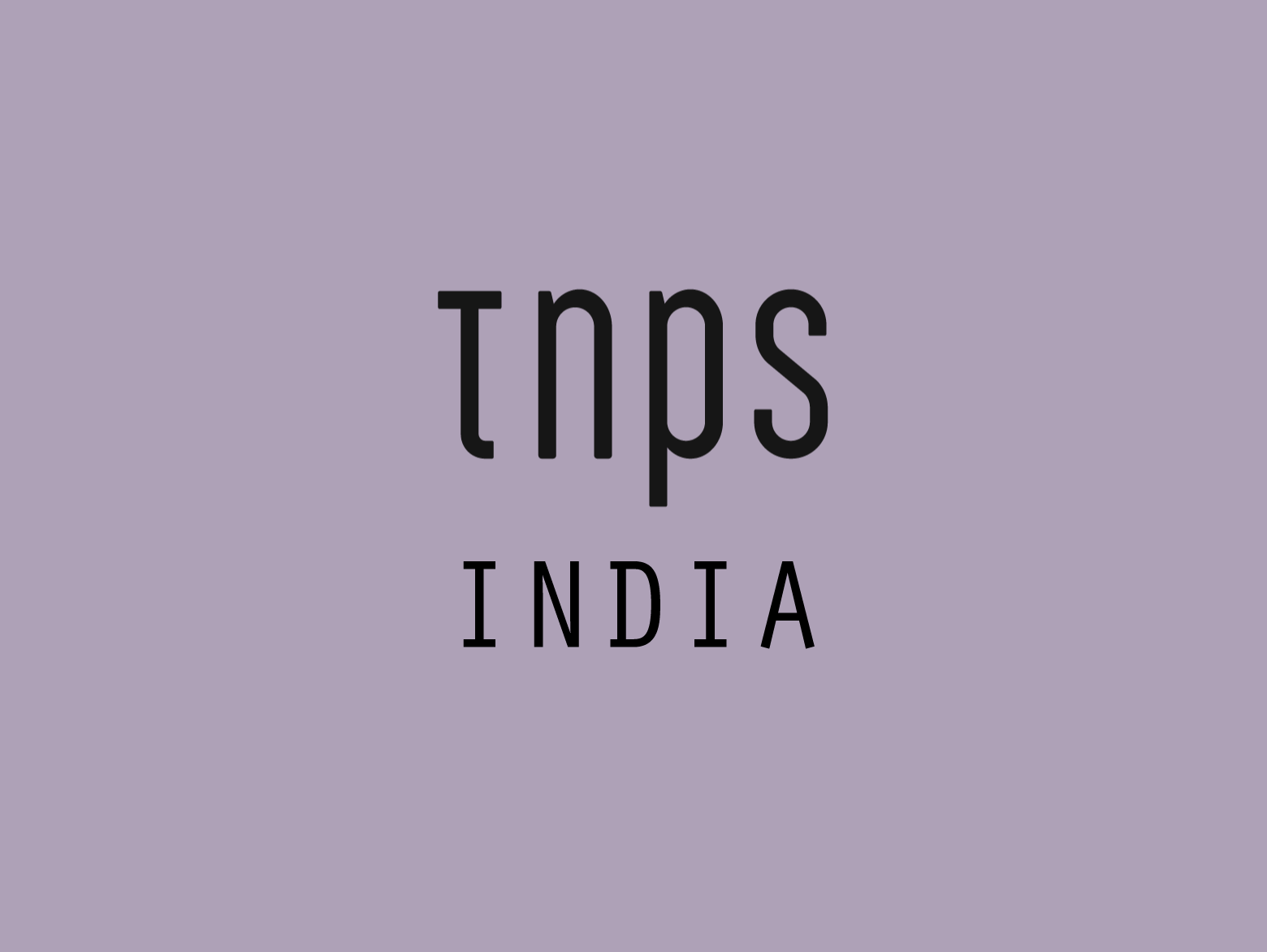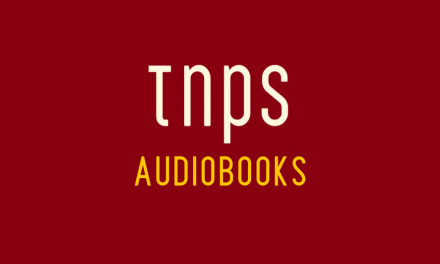It was back in 2015 that China jumped the US to take top spot for the most cinema goers. Hardly surprising, given China’s 1.4 billion population.
But the film industry wallowed in the complacency that in dollar terms – the only metric that matters for some – the US was unassailable.
Not any more. The Hollywood Reporter has an exclusive study today from PricewaterhouseCoopers (PwC) that forecasts China will topple the US as the most valuable film market in the world as soon as next year.
China, explains The Hollywood Reporter,
will become home to the globe’s top moviegoing audience in 2020 as the overseas OTT market soars, linear TV viewing shrinks and physical home entertainment fades to black.
This year, the U.S. box office may end up at $12.11 billion compared to China’s $11.05 billion, according to new projections from PricewaterhouseCoopers. But in 2020, China’s fast-growing sales at the box office will exceed that of the U.S., $12.28 billion to $11.93 billion — and the country will dominate for the foreseeable future.
But let’s step back and see the truly global picture, not just the US vs China picture.

We see the same pattern – and the same debate in publishing.
The US is the biggest and the only market that matters, and if China beats us its because there are so many people and they’ll never match us in dollar terms.
Well, not so long as we have so few reliable measures by which to calculate the China and wider global markets. So lets remain complacent. Let’s just carry on as if China is still a publishing pariah and the global markets are a backwater of piracy and non-readers. Why let reality rock the boat?
Here’s why:
Take this TNPS post from October 2017.
Look at the size of the US book market compared to China, and then to the rest of the world.

Already, in 2016, the global book market dwarfed the US market. And while the US market has been static since, China has been expanding at a crazy rate –
And the rest of the world has not been sitting back doing nothing, as daily TNPS coverage shows.
Which begs the question, if the global book market dwarfed the US market back then, with 2015-16 data – how much less significant is the US market in global terms today?
But more pertinent still is the PwC forecast for video streaming, which globally is expected to grow at 14% each year.
Without getting into the detail of which films came from books and comics, it’s a given that books and comics continue to drive the global film industry, and also drive the video streaming phenomenon.
At home publishers understand this. When a book becomes a hit movie or TV show so sales of those books soar.
At which point – and no, I don’t have the breakdown so let’s focus on the principle here – it’s worth,
- looking at how much of that global movie market comes from US and British films being sold globally, and
- looking at how much of that global market for American and British films is down to book adaptations
Because just as these films and TV shows from book adaptations can send even a deep backlist titles soaring up the charts at home, so might they in the overseas markets where the films and TV shows are popular, if only the publishers had the foresight to make sure they were available.
That of course happens to an extent already, but a safe bet that for most big hitting film and TV adaptations of books overseas there is not a synced campaign by the publisher to make sure the book is available in all territories, in all languages, and in all formats.
Take Harry Potter for example. Last year Pottermore reported the Harry Potter oeuvre had surpassed 500 million sales in 80 languages.
Yet even here, with a property of this global value and brand recognition, it was only in April this year that the Harry Potter books became available as audiobooks in Arabic, thanks to a deal with Storytel
For most publishing houses 80 languages would be an ambitious undertaking, of course, but translations need not be so very expensive, and a TV or film production, once underway, will give a publisher plenty of time to organise translations for the likely overseas markets where the video would be seen.
And of course, unlike in publishing where much of the world is dismissed as not worthwhile, with video streaming it really is global.
Take this image that shows the reach of Netflix. Just four countries are off-limits, and that due to political reasons, not a decision by Netflix that these territories are not worthwhile.

Publishers might find it instructive to impose their own territorial map on top of this.
And then to head over to this TNPS post from April 2018 as they ponder how much money they are leaving on the table.
As Netflix approaches the global revenue tipping point, publishers need to sit up and take notice
Because the cold reality is that 10-15 years ago this sort of reach for video was a pipedream.
Just as it still is for ink & paper books. The logistics of print distribution, like the logistics of celluloid distribution, make truly global reach impossible.
But here’s the thing. When digital video streaming came along the video companies jumped in with both feet and took full advantage, and are now reaping the rewards.
But here we are, months away from starting the third decade of the twenty-first century, and many publishers are still carrying on like its 2009 and digital books are still being treated with suspicion and at best sidelined, more likely ridiculed and dismissed.
Let me end this piece by noting that we’ll start 2020 with close to 4.5 billion people online around the world. By the end of the next decade that’s expected to be more than 7 billion.
Digital books are not an either/or alternative to print but a complimentary format that is versatile in ways a paper & ink book can never be, offering publishers untold opportunities to reach new audiences and grow their revenue streams.
But what’s the betting that, in 2029, we’ll still see some publishers carefully plotting their territorial restrictions to limit their global reach, and intensely debating whether an ebook is second class reading, and earnestly arguing that listening to an audiobook doesn’t really count as reading at all.





